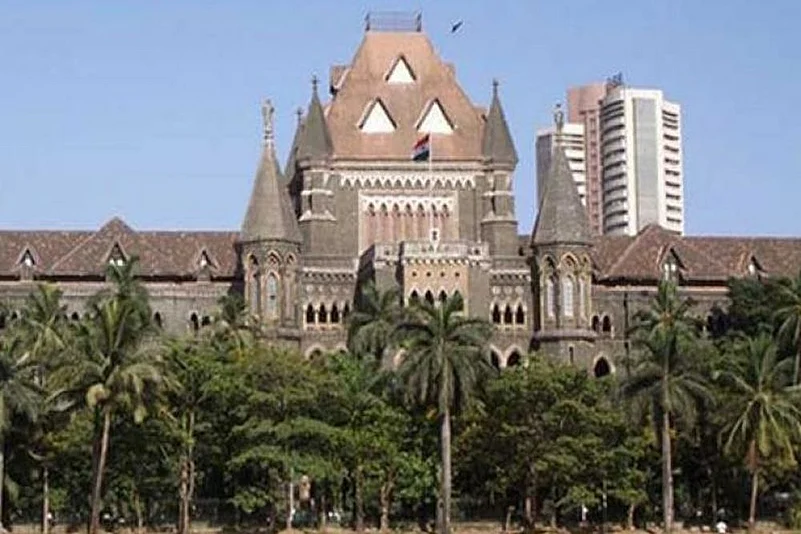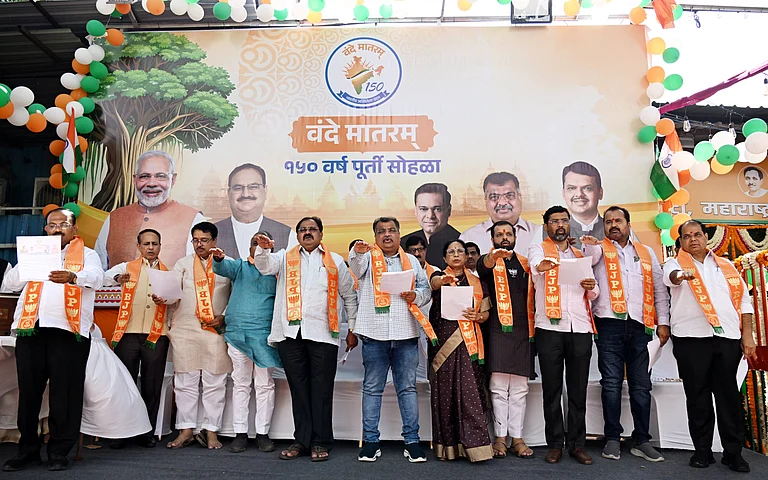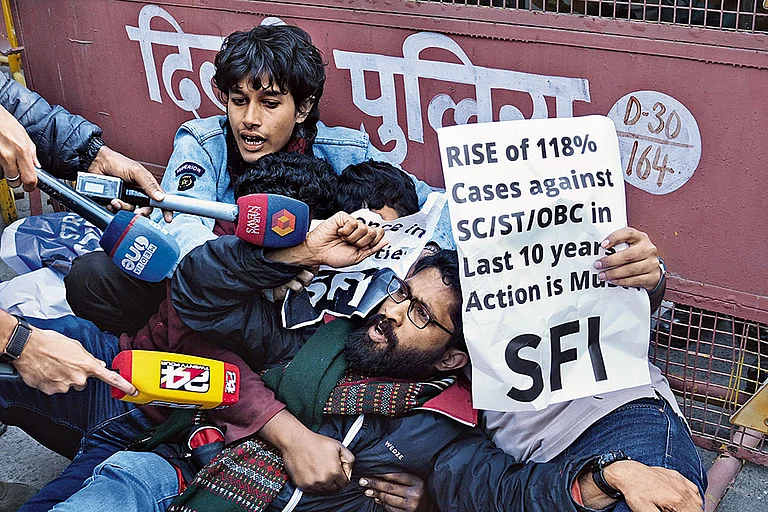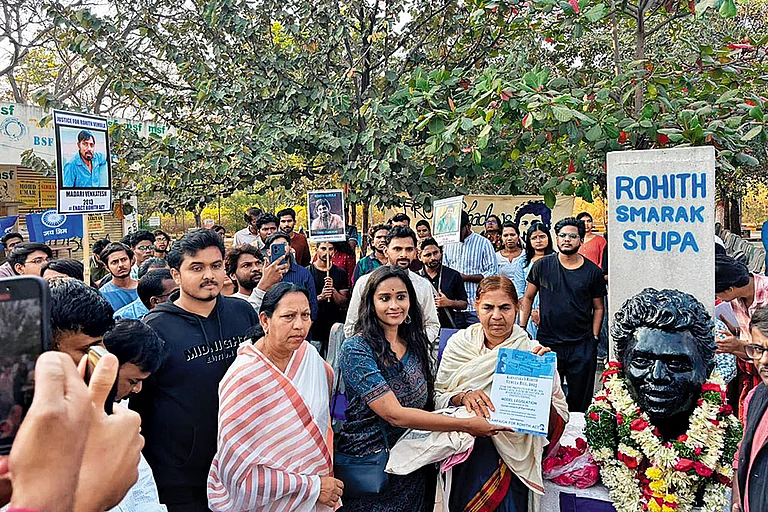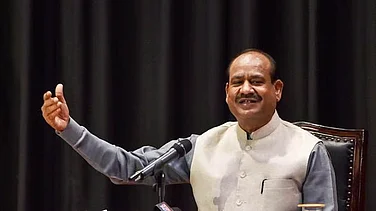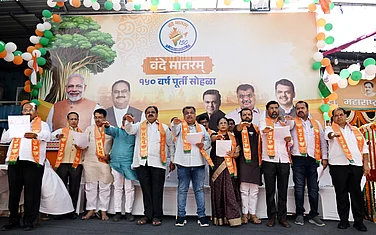The Bombay High Court has raised significant concerns about the enforcement of the Immoral Traffic (Prevention) Act, emphasizing the societal and cultural implications of offenses under anti-human trafficking laws. In response to a public interest litigation (PIL) filed by the NGO 'Rescue Foundation,' the court has called upon both the Central government and the Maharashtra government to submit affidavits verifying the functionality of the apparatus established under the legislation.
The bench, presided over by Chief Justice D K Upadhyaya and Justice Arif Doctor, expressed dissatisfaction with the current state of affairs, noting that offenders charged under the Act often manage to evade legal consequences, PTI reported.
While the Central government had previously indicated that the National Investigation Agency (NIA) would investigate cases of human trafficking for slavery and sexual exploitation under sections 370 and 370A of the Indian Penal Code, the court observed that the Centre remained silent on other provisions of the Immoral Traffic (Prevention) Act. Notably, the court highlighted the absence of designated trafficking police officers, particularly for offenses related to sexual exploitation occurring across multiple states.
Recognizing the social and cultural significance of these offenses, the bench urged the state government to assess whether the advisory bodies and "Anti-Human Trafficking Units" envisaged by the Act have been established and are effectively performing their duties.
The Maharashtra government has been instructed to provide a comprehensive affidavit detailing the implementation of the Act and the specific roles and responsibilities of the Anti-Human Trafficking Units and Women Help Desks. Additionally, the state government must specify how many cases reported under Sections 370 and 370A of the Indian Penal Code in Maharashtra have been referred to the NIA for investigation.
The Central government has also been directed to submit an affidavit outlining the measures taken to facilitate the appointment of trafficking police officers.
These affidavits are to be filed within four weeks, with the matter scheduled for further hearing on December 4.






